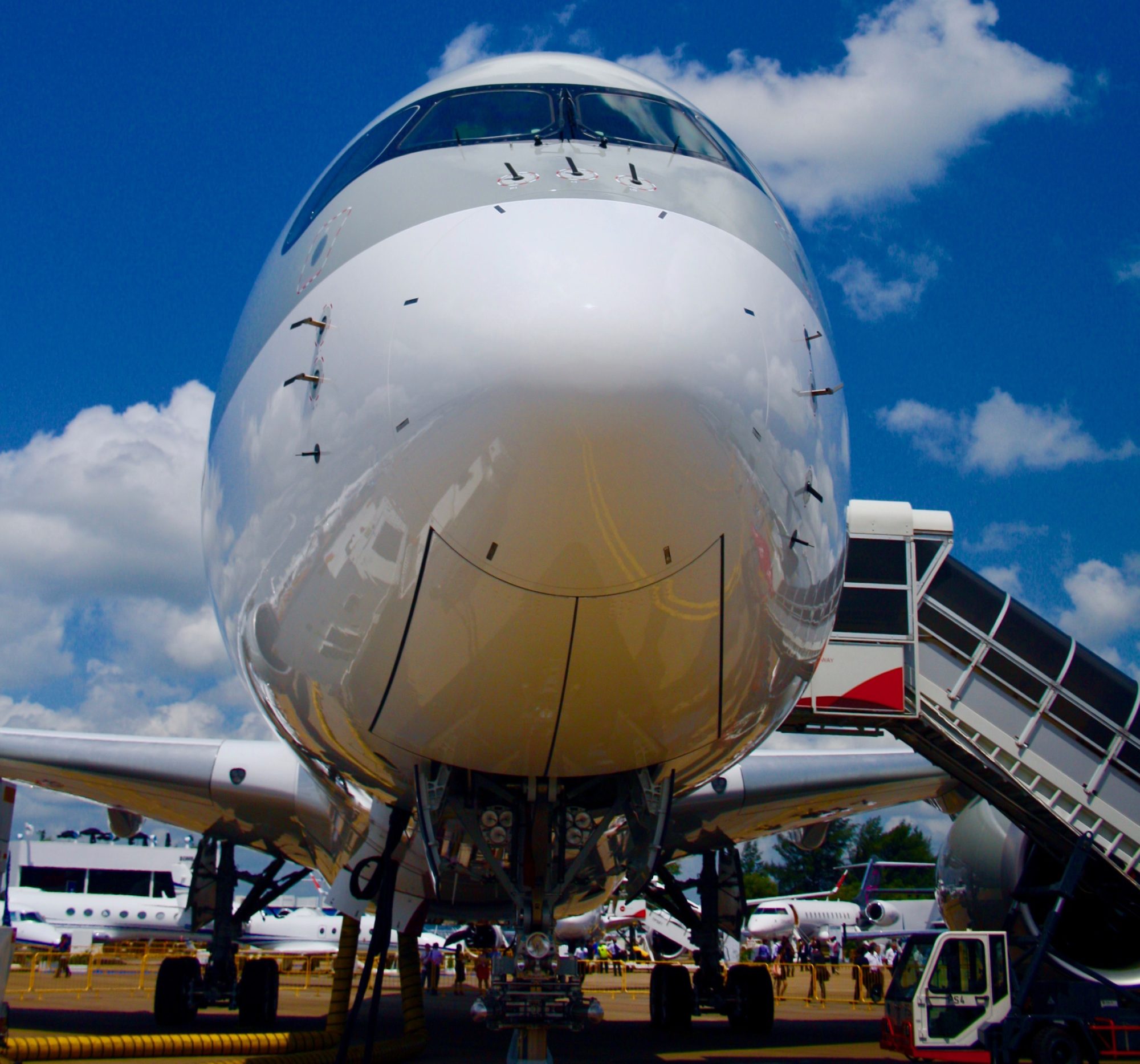Reportedly to teach him a lesson because they felt he was making radio distress calls too readily, the officers put on balaclavas and terrified the probationer with a mock armed holdup. With only four ambulances making it on to the pitch, 82 bodies were taken by supporters and police officers to the gymnasium, using advertising hoardings and even a stepladder as makeshift stretchers. That same day, Wright attended a Police Federation meeting at Pickwicks restaurant in Sheffield. They had gone for a drink before the match. In tense, charged exchanges, Greaney asked Duckenfield if he had frozen in the crucial minutes when making the decision to open the gate. Sykes confirmed, almost casually, that the police were upset, shocked, and having a drink, and talking about their experiences. At the inquests, lawyerly detail was focused on the few, startling internal documents produced by the force from 2010 in the public disclosure process to the Hillsborough Independent Panel, evidential foundations for the projection of blame. The IOPC sets the terms of reference and receives the investigation report when it is complete. In a course of events that would be repeated eight years later, police opened Gate C after congestion at the turnstiles. The South Yorkshire police officer in charge of the FA Cup semi-final at Hillsborough in 1989 was responsible for "extraordinarily bad" failures that were "a substantial cause" of the crush on. Advertising. No police officer was ever disciplined or held accountable, and there was no reform. The mistake was I . After considering these, on 26 May 2021, the judge ruled that the case against all three defendants was to be dismissed. David Duckenfield arrives to give evidence in March 2015. Hillsborough inquests: Fans unlawfully killed, jury concludes A picture emerged in glimpses of a drinking culture in the South Yorkshire police, with most stations at the time having a bar. Sykes denied that but admitted it was to gain evidence of whats been happening, one way or the other. He admitted his focus before the match had been on dealing with misbehaviour, and he had not considered the need to protect people from overcrowding or crushing. "There were lots of casualties, there were a certain number of police, there was no evidence of any health service people.". The inquest jury blamed police failures before and on the day of the tragedy. However, Mr Mackrell denied discussing any possibly delay with Mr Kirton and told the jury it was "a problem for the police to deal with". Then there was the unspeakably heartless identification process in the football club gymnasium, after which CID officers immediately grilled families about how much they and their dead loved ones had had to drink. Lord Justice Taylor concluded that, faced with a situation which was becoming dangerous, "crowd safety should have been Mr Duckenfield's paramount consideration". Marsh also made an apology, saying: Policing has profoundly failed those bereaved by the Hillsborough disaster over many years and we are sorry that the service got it so wrong. Mr Page said he initially thought the ambulance response was "speedy and efficient" but said the inquest hearings had led him to revise that view.

